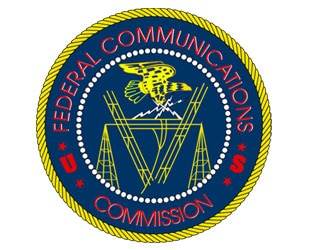 The full House of Representatives will get a crack at voting on a bill that would make it more difficult for the FCC to regulate, would try to increase its efficiency and transparency when it does regulate, and would make it easier for commissioners to interact. However, if it gets past the full House, and it likely will, it is expected to get a frosty reception in the Senate.
The full House of Representatives will get a crack at voting on a bill that would make it more difficult for the FCC to regulate, would try to increase its efficiency and transparency when it does regulate, and would make it easier for commissioners to interact. However, if it gets past the full House, and it likely will, it is expected to get a frosty reception in the Senate.
The bill passed by a vote of 31-16, with one Democrat crossing the aisle to vote with the Republicans.
The bill requires the FCC to identify specific market failures and address them specifically, and provide a cost-benefit analysis of proposed remedies. It also requires the FCC to be address very specific harms when attaching conditions to a merger approval.
Democrats believe that the intent of the bill is to limit the FCC’s ability to do its job. They also said the bill would be a gateway to endless litigation.
Both parties agree to the Sunshine provision that would allow commissioners to meet face-to-face behind closed doors under certain conditions. The Democrats wanted that to be considered as a separate item, something the Republican majority was not prepared to do.
Communications Subcommittee Chairman Greg Walden (R-OR) noted examples of bureaucratic malfunction at the FCC and said it was time to make it functional again. He commented, “Chairman Genachowski has shown that a good chairman can improve a broken institution. But the American public expects and deserves a transparent and accountable federal government no matter the administration. I say, let’s start with the agency overseeing our most open and innovative companies; let’s start with the FCC.”
Energy and Commerce Committee Ranking Member Henry Waxman (D-CA) countered that the entire proceeding was a waste of time because the measure was going to die in the Senate. He commented that sought a bill that could earn bipartisan approval and have a chance to make it through the Senate. “They rejected this suggestion, which dooms the entire package and raises serious questions about why we are doing this bill at all. The American people are getting frustrated with Congress. They want us to stop posturing and start addressing their needs. But this markup is yet another squandered opportunity.”




